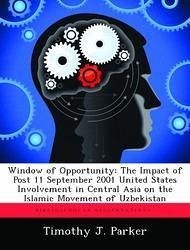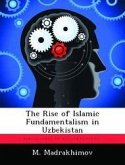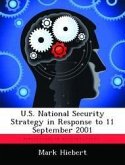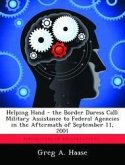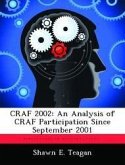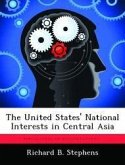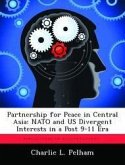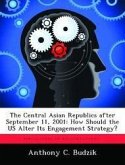Prior to 11 September 2001, the Islamic Movement of Uzbekistan (IMU) posed a serious threat to Central Asian stability. The IMU, a militant fundamentalist Islamic group, declared that its goal was to overthrow the Central Asian governments and establish an Islamic state. By 2001, the IMU, supported by Al Qaeda and the Taliban, was capable of destabilizing Central Asia. Following the terrorist attacks of 11 September 2001 on the United States (US), the US fought against the Taliban and Al Qaeda in Afghanistan. In order to prosecute the conflict, the US gained the support of and deployed forces to some of the Central Asian states. This thesis question explores the effect that the post 11 September 2001 US involvement in Central Asia had on the IMU. The thesis concludes that the IMU was devastated by the US intervention while the Central Asian states were substantially strengthened. This created a window of opportunity for the Central Asian governments to resolve Islamic fundamentalist unrest in Central Asia. Should these governments support religious freedoms and political and economic reform, this would undercut the IMU popular support. If there is no change in government policies, the IMU will likely transform into an Al Qaeda-like organization and resume its efforts to destabilize Central Asia.

